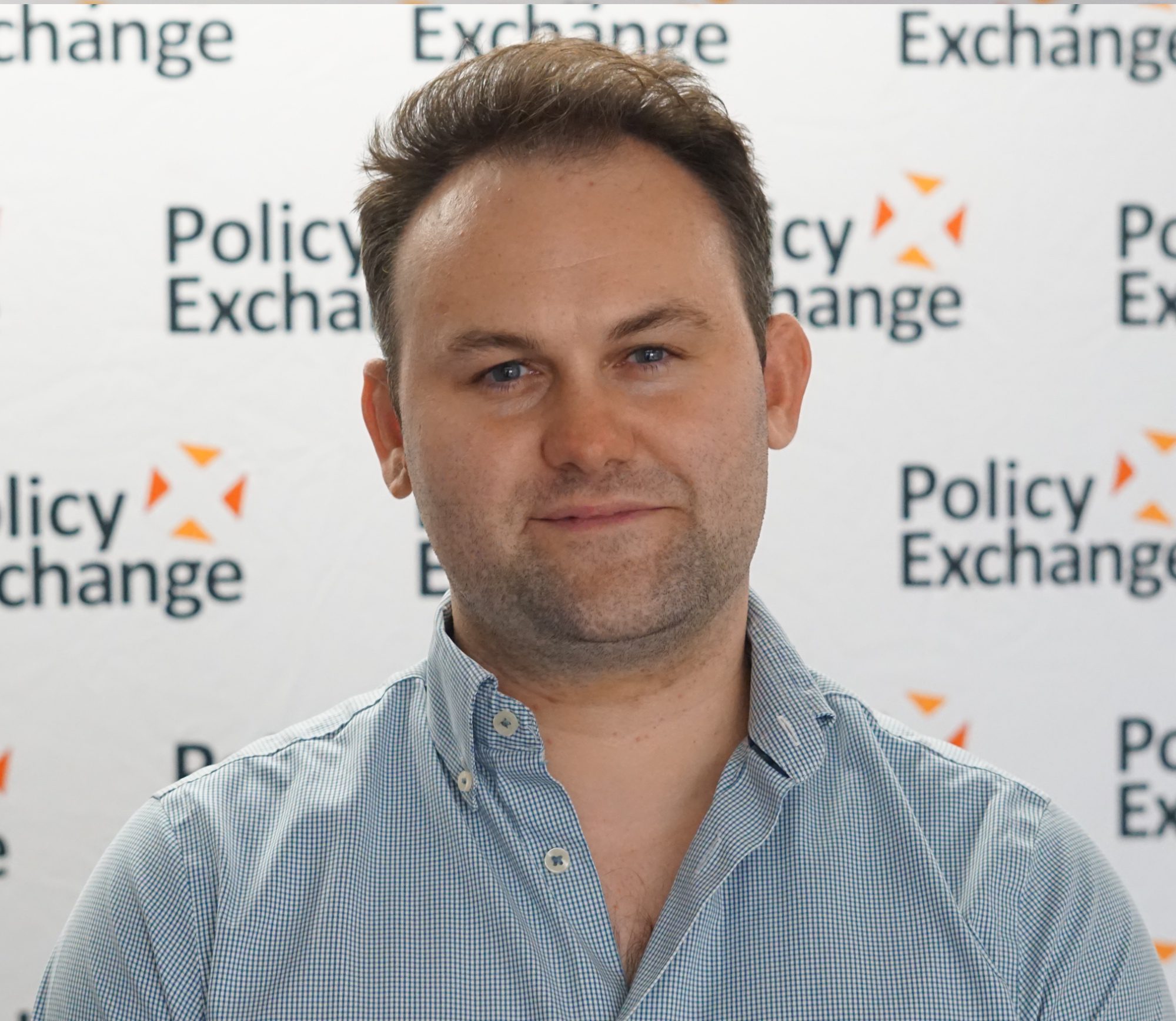
Dr Sean Phillips
Head of Health and Social Care
The passage of the centrepiece Health and Care Act during the previous session of this Parliament meant that this year’s Queen Speech had a smaller offering for health and social care. A number of priority commitments set out in March as part of the Annual Mandate (which sets out the Government’s priorities for the NHS) were repeated. The priorities are well understood: bring down the elective waiting list; deliver additional diagnostic capacity, including 100 community diagnostic centres; and make progress on the hospital building programme.
A first-of-its-kind Women’s Health Strategy will be published later this year, encompassing six priority areas: menstrual health and gynaecological conditions; fertility, pregnancy, pregnancy loss and post-natal support; the menopause; healthy ageing and long-term conditions; mental health; and the health impacts of violence against women and girls.
But what new legislation is expected?
- A Draft Mental Health Act Reform Bill – Also mentioned in last year’s Queen’s Speech, long-awaited legislation to reform the Mental Health Act 1983 which has been described as ‘antiquated’ by the Prime Minister is likely to be brought forward. Following Professor Sir Simon Wessely’s Independent Review commissioned by Theresa May and a White Paper, the legislation will try to reduce the number of people detained under the Act. Between 2007-2016 the number of detentions rose by over 40 per cent. Reforms would also rebalance the threshold for detention between public risk and therapeutic benefit and to ensure people from ethnic minority backgrounds, people with learning disabilities and autism and people in the criminal justice system receive more equitable treatment. This should be regarded as a ‘first Act’ in the Government’s strategy. In April, DHSC published a further twelve-week call for evidence for a new ten-year plan to improve mental health services. The case for improvement is clear amid rising demand. A recent survey from the Royal College of Psychiatrists found GP appointments related to mental health have risen by 50 per cent since the pandemic, whilst there are particularly acute pressures upon Child and Adolescent Mental Health Services (CAMHS).
- Data Reform Bill – Following a consultation in September 2021, the Government is seeking to reform the current data protection regime. This will have implications for health and care, and the forthcoming Data Saves Lives strategy in particular (which was published in draft form in 2021). Data processing principles, citizen data rights as well as mechanisms for the supervision and enforcement of any new regime are all likely to be impacted.
- A Conversion Therapy Bill – Will criminalise non-physical conversion therapies designed to change a person’s sexual orientation. A recent study from the United States found causality between attempts at ‘conversion’ and greatly heightened incidences of self-harm and suicide. The Bill is – as has beenwidely reported – is unlikely to cover conversion relating to gender identity.
The legislative agenda for the coming year also includes Bills which shape the wider social determinants of health: where you live and the importance of place; how you live and what you do: The Levelling Up and Regeneration, Renters Reform, and Social Housing Regulation Bills will all indirectly impact upon future healthcare outcomes.
There were several notable absences from the speech. Given that reforms to create a more preventative healthcare system is a key aim of the Secretary of State, the omission of legislation to improve public health is noteworthy. The political trade-offs associated with some policy interventions feel pronounced in an era of inflation and the rising cost of living. The Government recently dropped a planned ban on High in Fat, Salt and Sugar (HFSS) promotions, such as buy-one-get-one-free deals, whilst £100m initially earmarked to tackle obesity was diverted to deliver the Living with Covid strategy. The Secretary of State will likely be keen to bring greater clarity to what has been a ‘pick n mix’ approach thus far.
There may not be long to wait however, with a white paper on health disparities forthcoming which will follow hot on the heels of a review into tobacco control which is being led by Javed Khan OBE. Watch this space.


